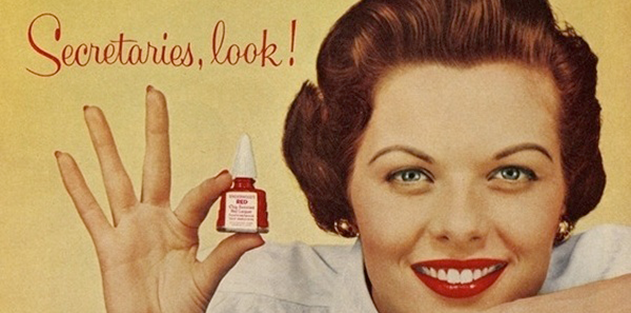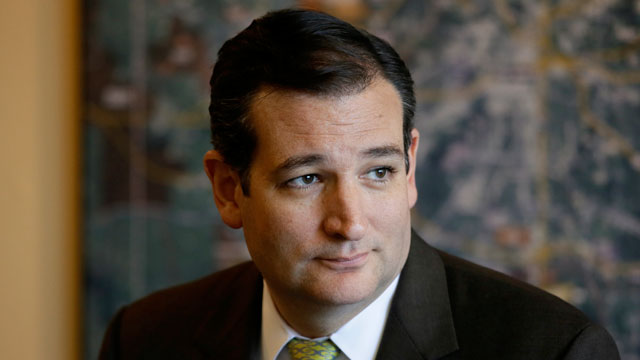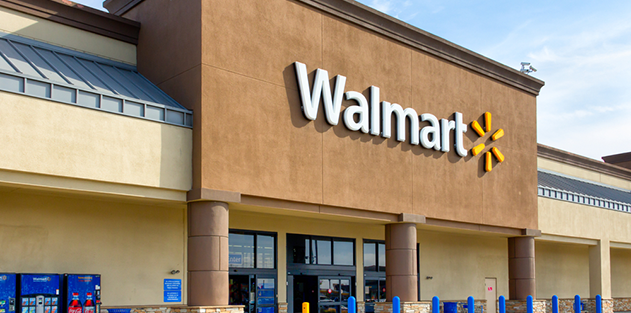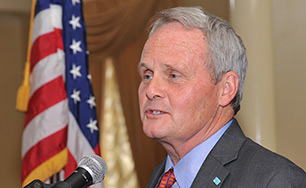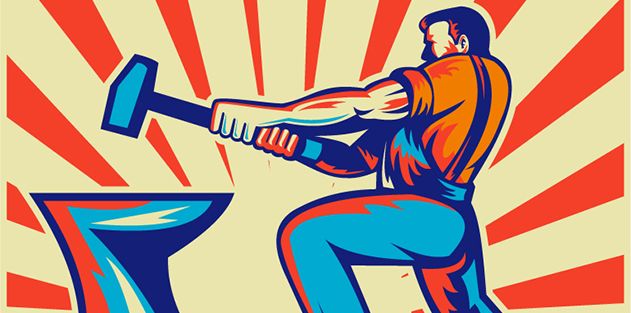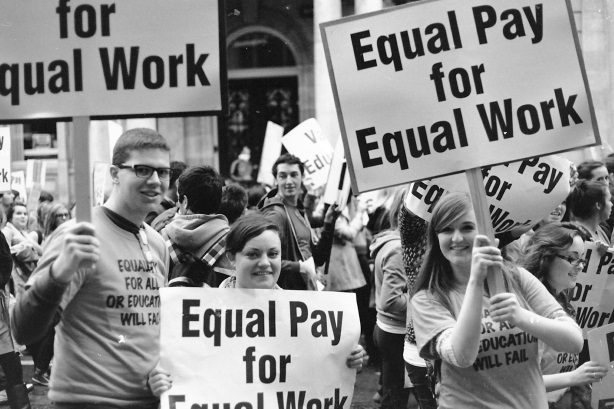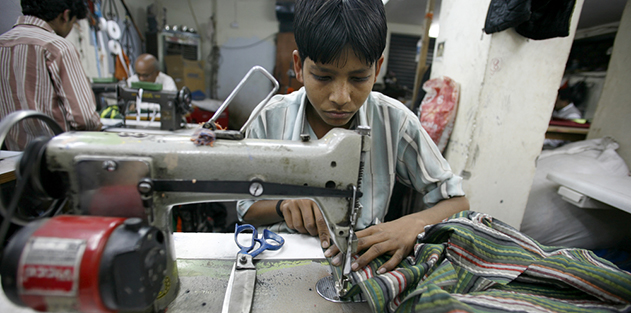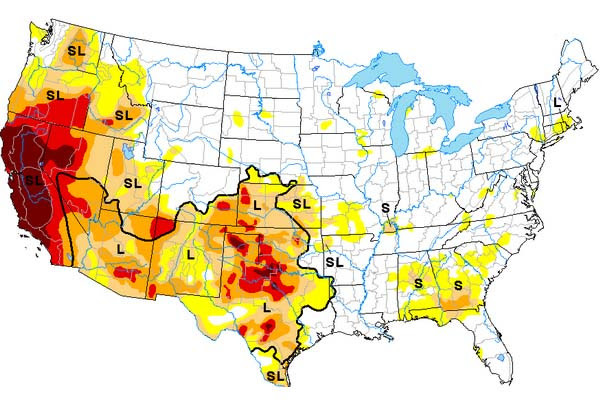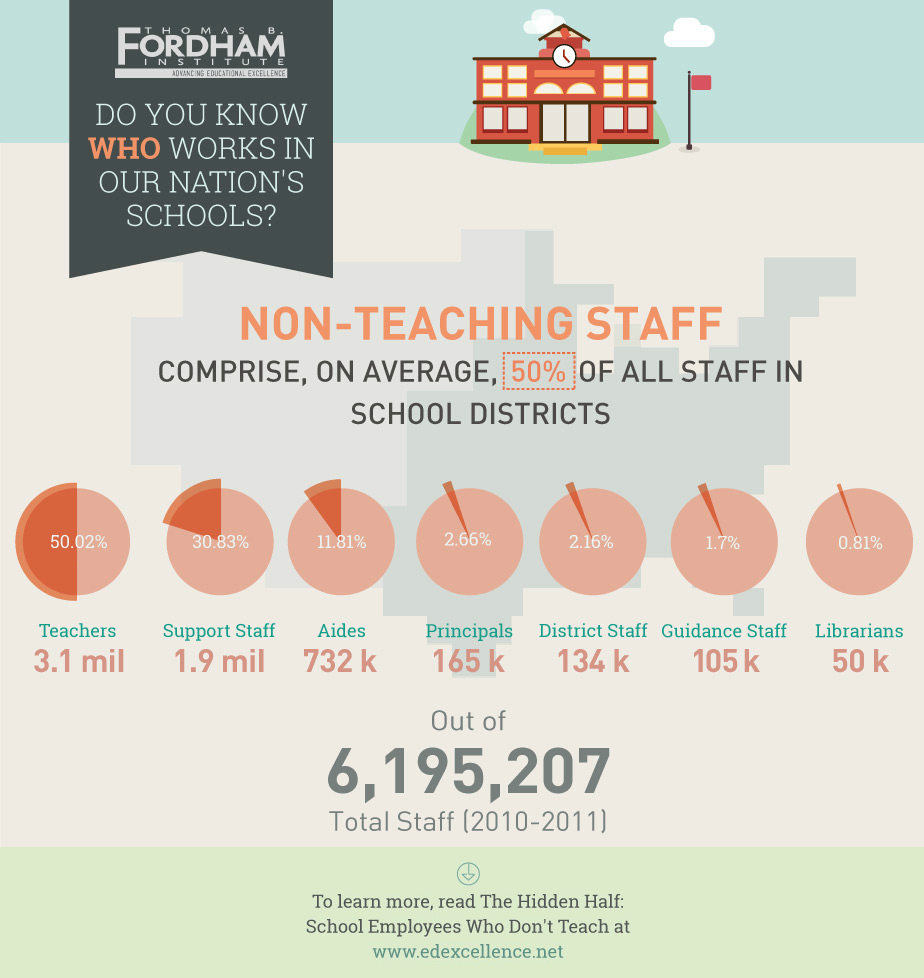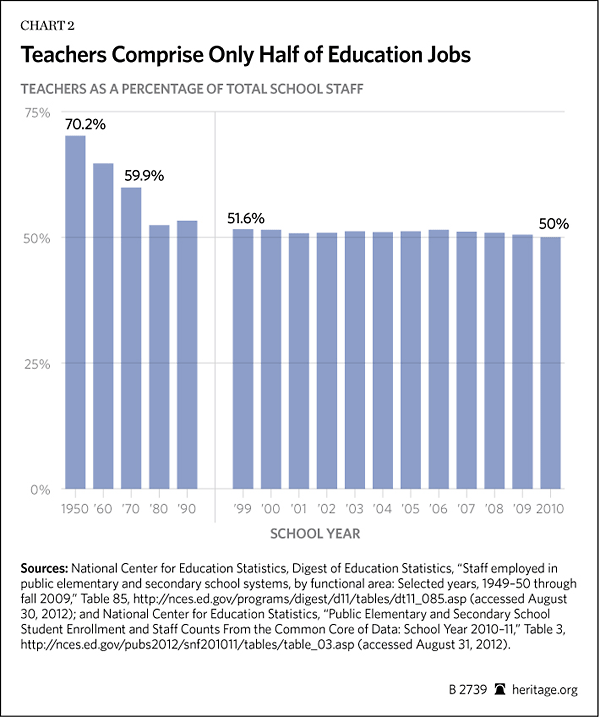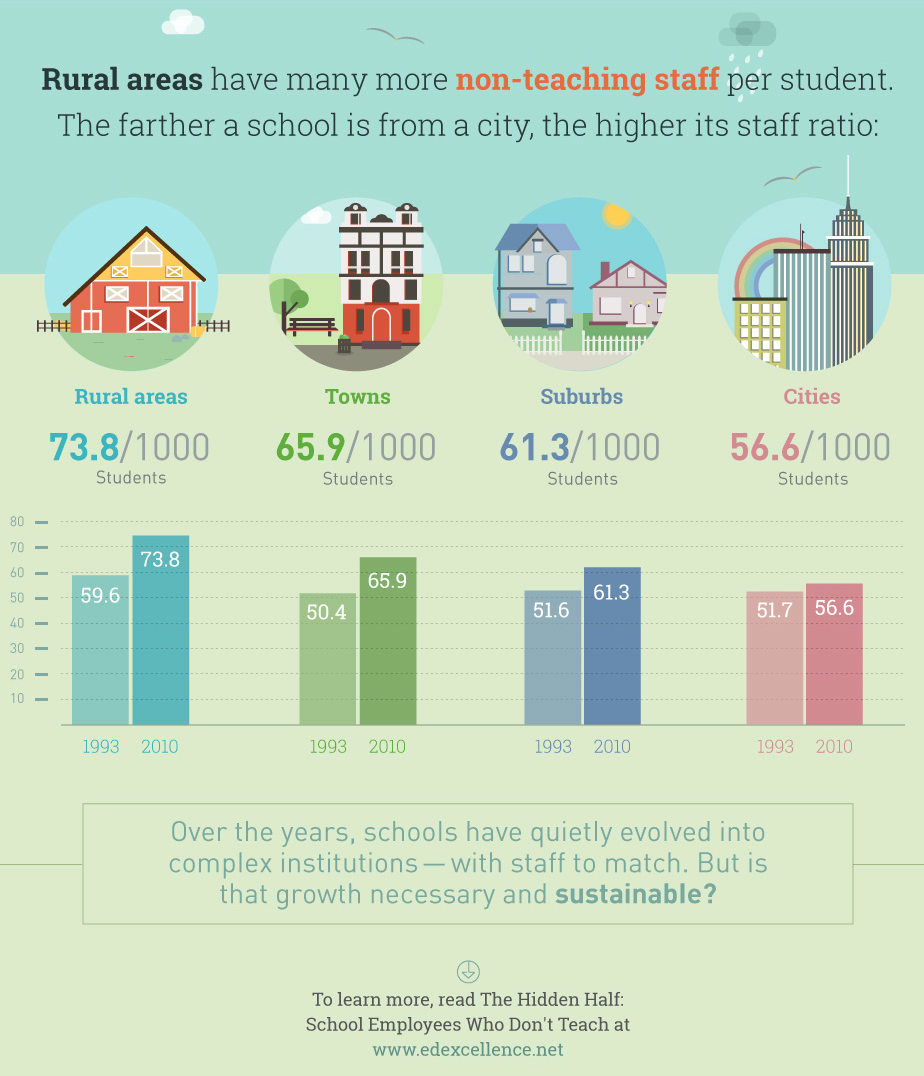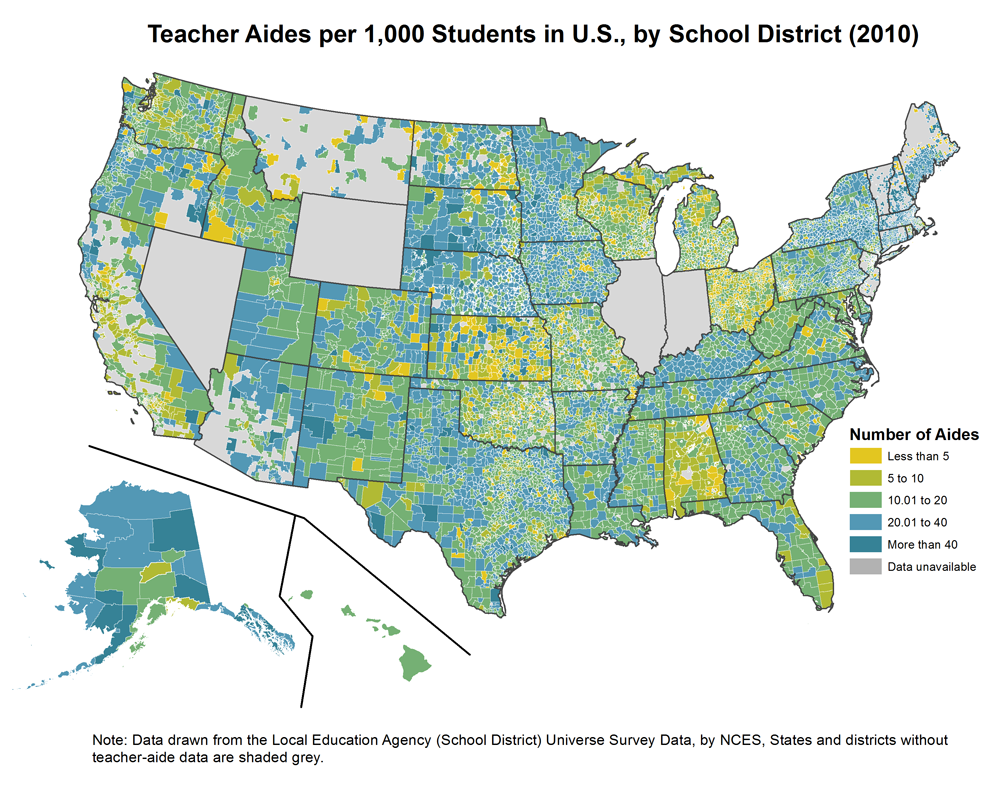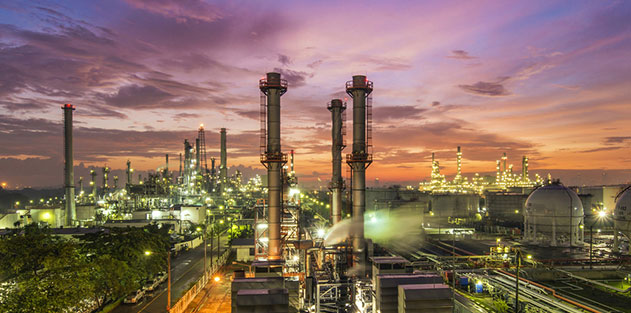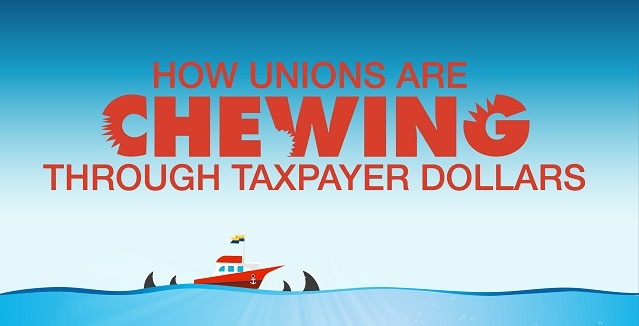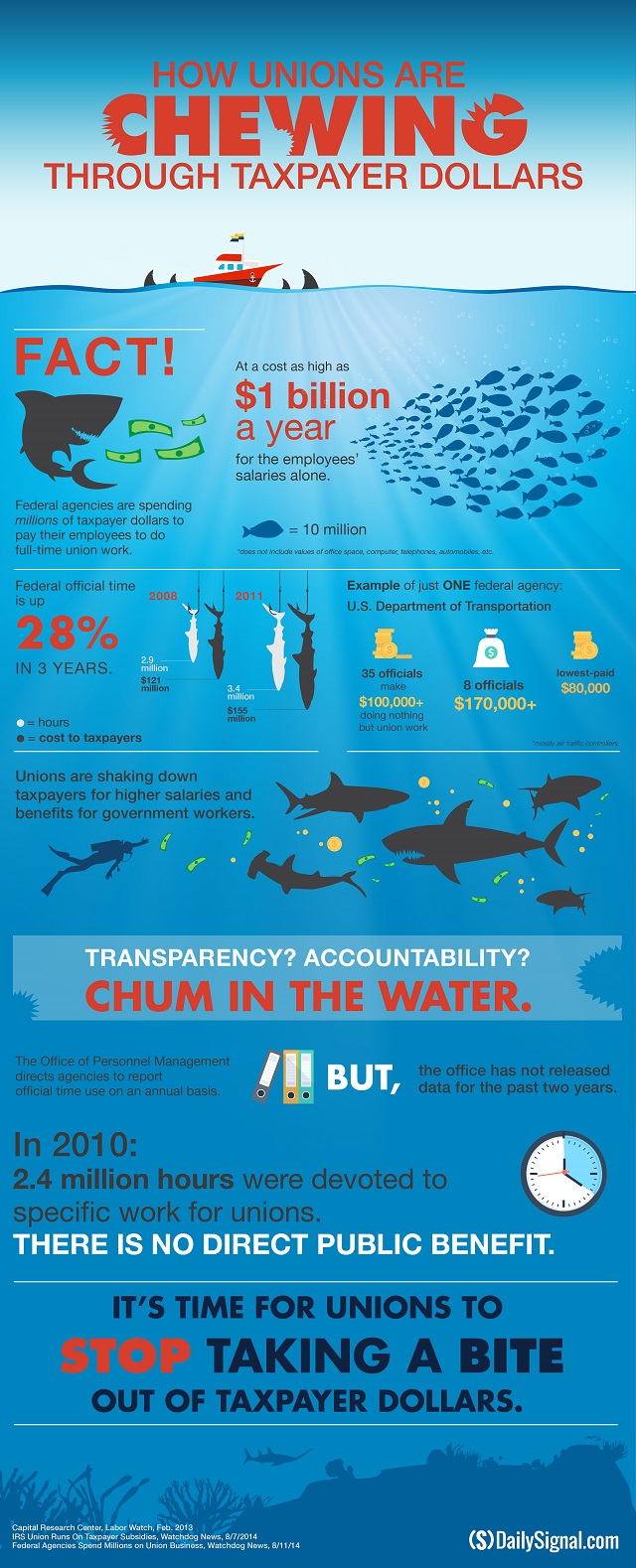5 Priceless Tips I Gave My Uber Driver
Big ideas most people don’t understand about the economy. by Richard Lorenc:
I was in an Uber car the other day, returning from a conference. I love Uber and used it for years in Chicago before returning to my hometown, Atlanta. There are a lot of amusing exposés out there contending that the majority of Uber drivers hate their jobs and feel enslaved by corporate overlords.
Virtually every driver I encounter tells me they love working with Uber; an off-duty Uber driver once overheard me saying something about the company over lunch, and he volunteered enthusiastically that he loves his job. There was no driver rating at stake in that exchange.
I’ve had interesting discussions in Uber cars. One driver told me he had walked a young woman into the ER minutes before picking me up (he thought she had overdosed). Another driver explained how he had escaped New Orleans just hours before Katrina hit, only to return to complete destruction. And there have been quite a few who’ve told me they drive to earn money to build other businesses. Uber drivers are by definition entrepreneurs. And many see driving as a stepping-stone to something bigger.
Occasionally, Uber drivers will volunteer economic views as they relate to their business. My driver the other day — his name was Chris — even identified himself as a “free-market guy” while talking about Uber.
Naturally, this got my attention, but I decided not to spill the beans until he asked what my colleague and I do. I explained that we work for an organization called the Foundation for Economic Education, which teaches young people about the free market.
Chris is a big guy, and on hearing my words, he shook the car with laughter as we drove on the interstate.
Then he asked for tips.
“Stock tips?” I asked.
“No, big ideas that most people don’t get about the economy.”
I gave him those tips. I thought I would share them with you, too.
Big idea 1: Trade is win-win.
My colleagues and I teach our students that trade is win-win by saying, “Trade is made of win.”
I asked Chris to imagine being a customer at Starbucks. He wants a venti café au lait so much that he’s willing to part with $5 to get it. For the customer, the coffee is worth more than the money; why else would he surrender his cash at the register? The opposite is true for the seller: $5 is worth more than the coffee. The buyer and seller exchange property rights, and each says, “thank you.” (This is sometimes called the “double-thank-you phenomenon.”) The transaction makes them both better off — they have created value for each other through trade.
Big idea 2: Entrepreneurs create value.
Entrepreneurs create massively greater value for society generally than they create in profits for themselves.
An estimated 98 percent of the innovators profits generated by nonfarm businesses in the United States between 1948 and 2001 were never captured directly by the individual innovators or firms. Innovators profits — or “Schumpeterian profits” —vary by industry. Apple did not fully capture the Schumpeterian profits generated by the debut of the iPhone, for example. Instead, the iPhone created entirely new business categories and lowered the consumer price of supercomputers that fit into your pocket. But Apple captured enough of its innovators profits that it has an incentive to continue to innovate — and potential competitors had an incentive to enter the market. Competition lowers prices, benefitting consumers.
Big idea 3: Everything has a cost.
This idea is the lynchpin of what we call economic thinking: that is, the application of economic concepts to help explain why people and groups make the choices they do.
Normally, we introduce this concept by calling it an opportunity cost. If all of us understood clearly how the choices we make today necessarily limit the choices available to us tomorrow, we would solve 95 percent of the problems caused by economic illiteracy.
At FEE’s seminars, many students are deciding whether to go to college. Not only is there a direct cost to college, but there is also the opportunity cost of spending time cloistered in academia when you could be launching the next Facebook. In many cases, college is worth the cost, but not in every instance.
We take pains at FEE to practice what we preach. We’ve gotten away from advertising that our seminars are free to attend and offer free accommodations and meals. Instead, we say they are offered at “no charge.”
After all, TANSTAAFS — there ain’t no such thing as a free seminar. You have to sit and take it for three whole days. And that carries a cost.
Big idea 4: Emergent order rules.
The world we live in is the product of countless interactions among individuals, not the result of some master plan. Even if there is a plan, the traditions, mores, and informal institutions that guide behavior dominate. F.A. Hayek named this phenomenon spontaneous order, but I prefer contemporary economist Russ Roberts’s term emergent order. The concept goes back to Scotland, to Adam Ferguson, and later to Adam Smith’s invisible hand metaphor.
The invisible hand, by the way, is probably one of the most misunderstood concepts in economics. It’s as if those who mock it as some sort of supernatural occurrence have never heard of a metaphor, which depicts how individuals working in their own interest also create value for others.
The idea boils down to this: The world we live in is the product of human action, not human design.
Big idea 5: Markets are moral.
Finally, we have what is perhaps the most important tip of all when talking to young people: commerce makes us better people.
It civilizes us. It permits us opportunities to practice politeness with strangers. FEE’s founder, Leonard Read, captured this concept in his famous essay “I, Pencil,” and Milton Friedman popularized it in the Free to Choose TV series.
The market is a process of ever-growing interconnectedness. As the market grows, our individual opportunities for specialization grow with it, and we each become wealthier through our access to goods and services we could never fathom creating ourselves. By creating value for others, we tend to become less concerned with the nationalities or races or religions or sexual orientations of those who bring to market the goods we depend on. A deal is a deal, and the more we become acclimated to making deals with those who are different from us, the closer we grow as human beings.
This last concept is vital, because students today are looking for ways to explain the world and their places in it through dimensions beyond material efficiency. Certainly, the coordination of market activities through the information conveyed by prices is superior to the commissar’s desk-bound decision-making, but advocates of economic freedom must first listen to the concerns of those undiscovered libertarians who are fundamentally idealistic and decent people, and whose only hang-up with the free market is that it sometimes appears irrational.
Why, for instance, would GM, a hallmark of American ingenuity and industry, be more valuable if it were closed? Why can’t the government just give spoons to all of the unemployed so they can stay busy constructing roads? Why shouldn’t fast food workers make $15 per hour? Why can’t everyone have inexpensive health care?
Appealing to personal values is the gateway to economic thinking that helps to explain our complex world.
Uber redux
The Uber phenomenon represents something important happening now in the human consciousness, and millennials (people born between 1980 and 2000, roughly) may be noticing it the most.
Individuals are now free to exchange goods and services with each other around the world. They are able to take innovations such as the concept of ride sharing and the proliferation of apps to use otherwise unproductive capital — their cars — to serve others.
This is great news for our world as millennials begin to assume positions of influence and leadership and are now beginning to see a real choice between the philosophy of control versus the philosophy of freedom.
This article is excerpted from a speech the author made to The Discussion Club, a Bastiat Society affiliate, in St. Louis, Missouri.



